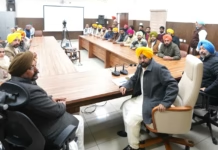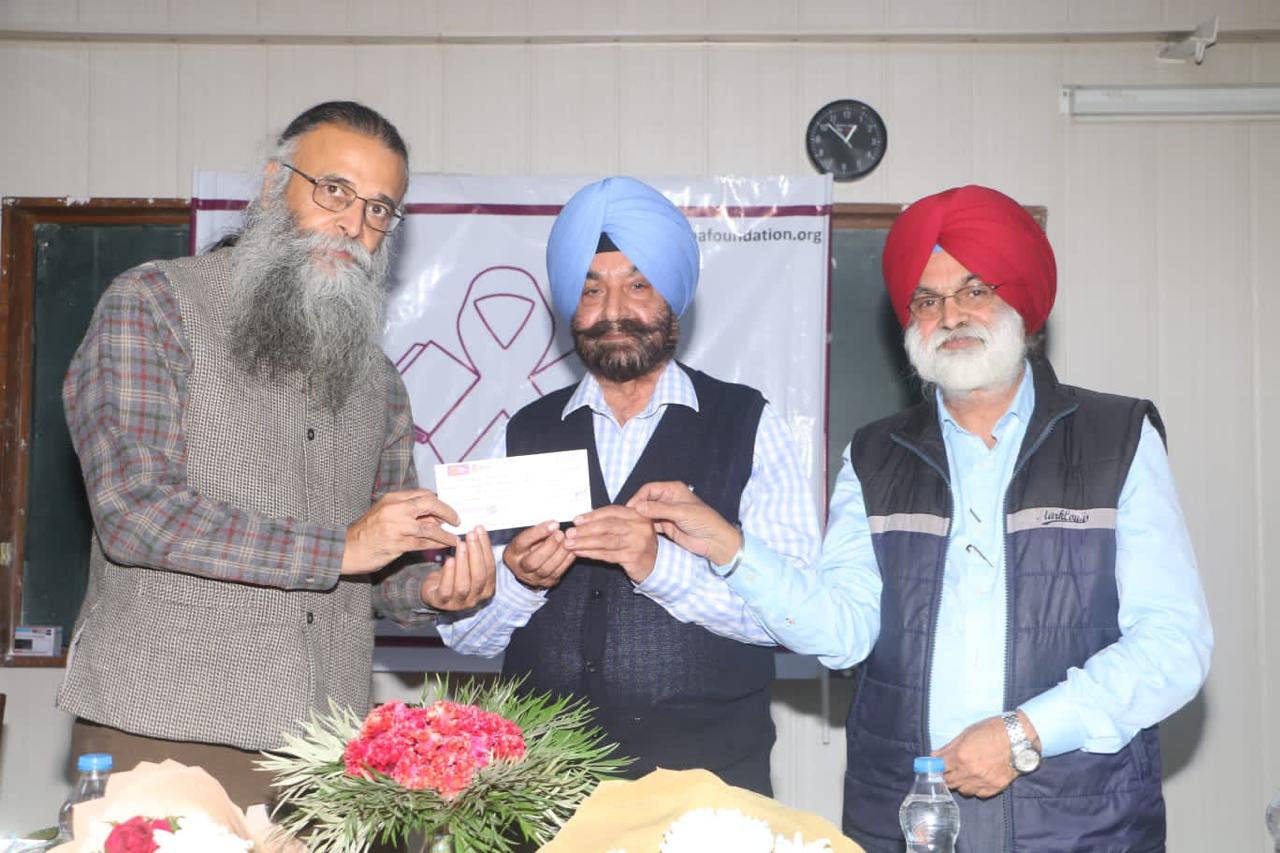Green signal to Sri Anandpur Sahib-Naina Devi Ropeway Project
KS Diwan/ royalpatiala.in / Chandigarh
The Punjab Cabinet led by Chief Minister Captain Amarinder Singh has given approval for setting up a Ropeway between Sri Anandpur Sahib and Naina Devi ji in Public Private Partnership (PPP) mode to further promote tourism in the state.
The ropeway would facilitate lakhs of devotees visiting these two historic and religious sites in a smooth and hassle-free manner, according to an official spokesperson, who pointed out that Sri Anandpur Sahib in Punjab and Naina Devi ji in Himachal Pradesh were famous pilgrim destinations visited by devotees from across the globe.

The two shrines were located quite far from each other, with hilly terrain compounding the problems of the devotees, the cabinet noted. The Punjab Government, with the consent of Himachal Pradesh, had thus decided to set up the Ropeway project to ease the travel of visitors, said the spokesperson.
A Memorandum of Understanding was signed between the Governments of Punjab and Himachal Pradesh to set up the Ropeway between Sri Anandpur Sahib and Naina Devi ji on July 26, 2012. The Punjab Tourism Department had acquired 108 Kanal 13 Marla land for setting up a lower terminal and right of way within the Punjab territory for this purpose. However, the MoU was cancelled by the Himachal Pradesh Government on June 3, 2014.

In February, 2018, a letter from Chief Minister Himachal Pradesh was received to revive the project, following which Captain Amarinder Singh conveyed his consent to Himachal Pradesh. Subsequently, the Punjab Tourism Department received the approved MoU from the Government of Himachal Pradesh on September 5, 2018.

It is proposed to carry out this project in PPP mode by setting up a Special Purpose Vehicle. The total paid up equity of SPV will be Rs.1 crore, with Rs. 50 lakhs each as share of the two states. As per the MoU, both states will have equal share in the revenue, with concession period of 40 years. In the initial 7 years, no concession fee would be paid by the concessionaire and a time period of 3 years would be given to set up this project, said the spokesperson.












